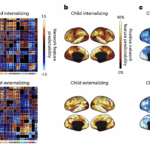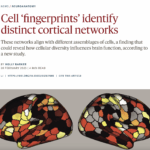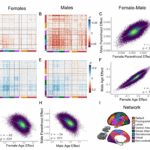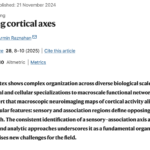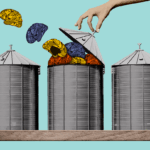
New Article in The Transmitter: “To make a meaningful contribution to neuroscience, fMRI must break out of its silo” by Dr Avram Holmes
Holmes lab PI Avram Holmes has a new article out in the The Transmitter magazine! Read it here: https://www.thetransmitter.org/future-of-fmri/to-make-a-meaningful-contribution-to-neuroscience-fmri-must-break-out-of-its-silo He covers how fMRI research can benefit from cross-field multiscale research programs, and how to incentivize more of this work. Read the full article in The Transmitter. Check out some of the Holmes Lab’s multi-scale, multi-method work: – The cell-type underpinnings of the human functional cortical connectome in Nature Neuroscience by Xihan Zhang et al – Network-based molecular constraints on in vivo synaptic density alterations in Schizophrenia on MedRxiv by Sidhant Chopra et al – Ventral attention network connectivity is linked to cortical maturation and cognitive ability in childhood in Nature Neuroscience by HM Dong et al

